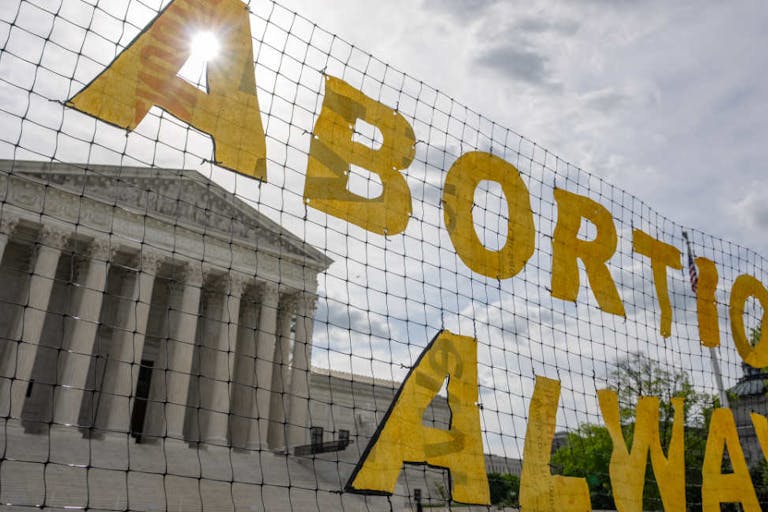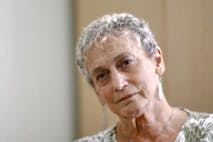
A growing number of Americans call themselves ‘pro-choice’ – but what’s really behind it?
Nancy Flanders
·
Abortionist Susan Robinson says “other doctors look down on you and think of you as like the lowest of the low”
Four of the most notorious late-term abortionists in the United States — LeRoy Carhart, Warren Hern, Shelly Sella, and Susan Robinson — may have been portrayed as noble martyrs in the new documentary film After Tiller. They received standing ovations at the Sundance Film Festival, and certainly receive plenty of adulation from the likes of pro-abortion extremists like Amanda Marcotte and Wendy “Abortion Barbie” Davis. But evidently, they’re the only ones.
In a recent interview, Robinson talked about how she gives mothers little keepsakes and mementos of the viable babies she murders, and refers to her work as “euthanasia” and “abortion medicine”.
Yet somehow, she’s surprised and saddened that abortionists are shunned and stigmatized by other doctors.
‘If you do abortions, it is very hard to get the privilege to work in a hospital, because they don’t like abortion providers.
‘They are almost all done in outpatient clinics, free-standing clinics, in this country,’ she says.
‘Being an abortion provider is very stigmatized. Other doctors look down on you and think of you as like the lowest of the low.’
Is it really that surprising that most doctors wouldn’t want to associate with abortionists — and especially not with late-term abortionists? Even the pro-aborts are forced to acknowledge that there are fewer and fewer doctors choosing to learn how to perform abortions. Sarp Aksel, the president of Medical Students for Choice, has said that students who want to learn about abortion are shunned in medical school.
Doctors take an oath to do no harm, yet abortionists like Robinson make a very lucrative living by ripping babies to pieces, babies who would almost always be able to survive outside of the womb. Doctors tend to want to save lives, not take them. It’s easy to see how butchers who take lives for a living would be frowned upon.
Live Action News is pro-life news and commentary from a pro-life perspective.
Contact editor@liveaction.org for questions, corrections, or if you are seeking permission to reprint any Live Action News content.
Guest Articles: To submit a guest article to Live Action News, email editor@liveaction.org with an attached Word document of 800-1000 words. Please also attach any photos relevant to your submission if applicable. If your submission is accepted for publication, you will be notified within three weeks. Guest articles are not compensated (see our Open License Agreement). Thank you for your interest in Live Action News!

Nancy Flanders
·
International
Nancy Flanders
·
Issues
Bridget Sielicki
·
Issues
Bridget Sielicki
·
Issues
Cassy Cooke
·
Issues
Angeline Tan
·
Issues
Cassy Cooke
·
Pop Culture
Cassy Cooke
·
International
Cassy Cooke
·
Analysis
Cassy Cooke
·
International
Cassy Cooke
·